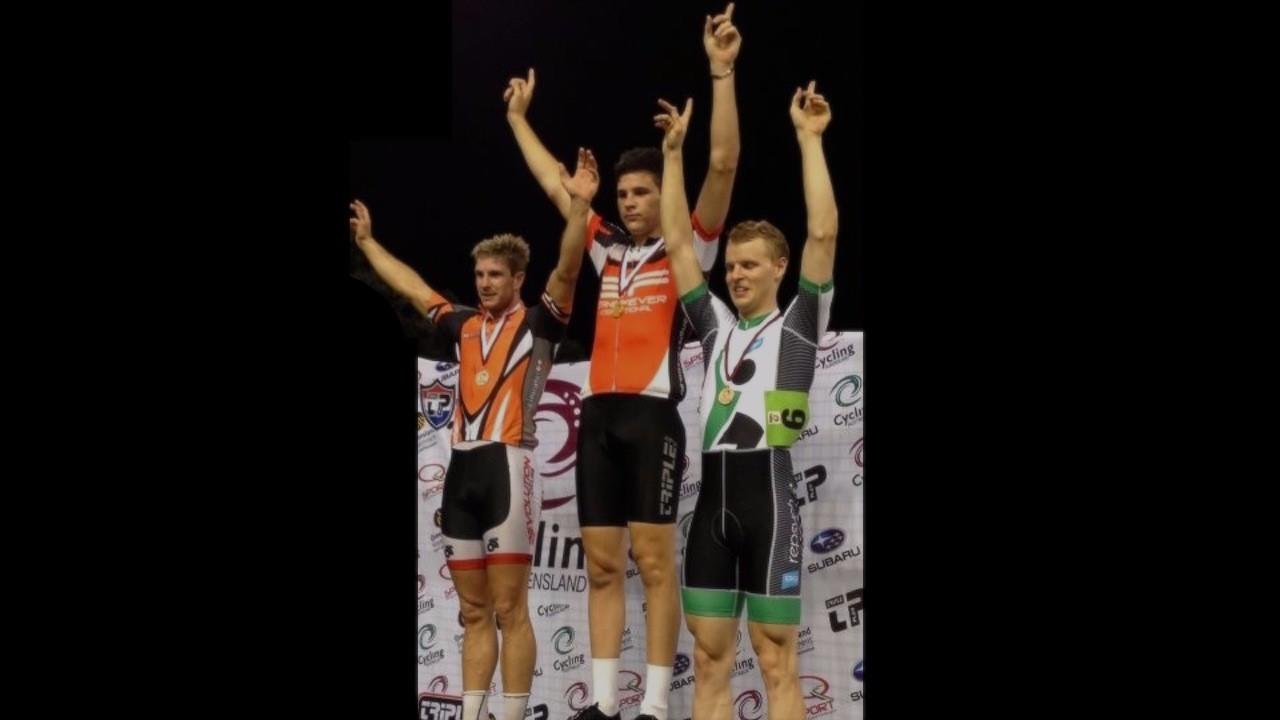How to Reach Your Peak Performance

Understanding how to peak for a race event is a very important concept to maximise performance.
Think about it...
You train for many months and in some cases years for a specific event.
So if you don’t get the final weeks of preparation right, it can be an extremely disappointing result!
Peaking for an event doesn’t need to be that complicated.
The simplest way to look at it is:
PEAKING = FITNESS - FATIGUE
That is, peaking equals fitness minus fatigue.
Understanding your body, the level of intensity and volume that you put your body under in the weeks prior to your race peak is also important.
For example, if you decide to increase your volume too much in the weeks leading into event, your ability to ‘freshen up’ and reduce your fatigue levels in time for your event may be jeopardised.
On the other hand, if you decide to reduce your volume too early, you may find yourself absolutely flying in the days and weeks before your event, but by the time race day rolls around, you’ve gone over your peak and end up underperforming.
Working closely with a coach, or closely monitoring your own training over the season is an important step in developing and understanding your body’s ability to:
- Train and develop your energy systems specific to your event
- Recover from progressive overloading
- Peak at the right time
Acquiring and monitoring fitness levels throughout your season will allow for you to adapt and control the above mentioned areas.
To achieve this, you need to plan your season properly and we’ve written a couple of blogs to help you plan for a solid season:
FREE BLOG: Periodised Programming for Cyclists
FREE BLOG: Motivation & Strategies to Start the Season
We like to use TrainingPeaks software to plan out our athlete’s training seasons which includes all elements of cycling development, recovery and competition.
The beauty of the TrainingPeaks software is the ability to create chronological fitness history on each athlete which factors in training stress balance scores and acute fitness loads.
In being able to graph these two key training areas, we’re better able to calculate peaking time and understand athlete fatigue responses to sessions and training cycles.
Whilst everyone is different in their responses to training and recovery stimulus, there are a few pretty straight forward suggestions that we can offer you in the lead up to the event in which you’re peaking for:
- Get plenty of SLEEP - sleep is one of the most important elements of recovering and if you don’t recover, you can’t continue to perform
- Eat good QUALITY FOOD and try to avoid introducing new foods into your eating plan
- Drink plenty of WATER and keep yourself hydrated!
- Focus on QUALITY over quantity! Peaking for performance is all about getting the 1 percenters right, so focus on producing your best quality efforts!
- Training the body for optimum performance is important but don’t forget about your MINDSET! Make sure you have a clear vision, focus and mindset which encompasses your goals or strategies for the upcoming event.
How do you manage your training in the lead up to the event?
Have you got a specific plan to assist with your preparation to peak?
We’d love to hear from you - drop us a comment below!

